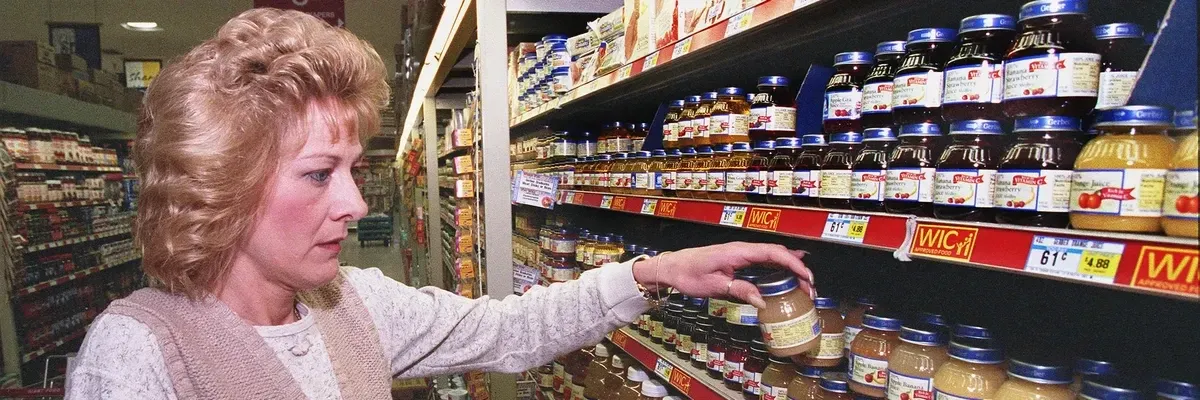If my decades of work as a social worker taught me one great lesson, it’s this. Poverty is an entrenched system of political choices by self-serving lawmakers, not a personal failing of ordinary people. Poverty is not, and never has been, a crime.
I’ve worked with many economically struggling people. I grew up in meager circumstances myself and well remember the stigma and shame of having to do without.
And this I can tell you: Not one person I’ve ever met wants to be poor, sick, disabled, struggling, or on the receiving end of public assistance programs. These programs are vital but often inadequate and difficult to access.
I’m disgusted when I hear conservative politicians falling over themselves to cut food, health, housing, and disability services for people who are trying to survive in low-wage jobs.
Behind each program recipient stands a caseworker responsible for determining eligibility—virtually no one puts themselves on a public program. As a caseworker I often tried to educate the public that taxpayer-supported benefits are earned, not “charity.”
In 21st-century America, people have to be in extreme hardship to be eligible for help, even as they sometimes work multiple jobs. Not one mother relishes taking three buses in terrible weather to get to the Women, Infants, and Children (WIC) office to prove her worthiness to get help buying cereal for her toddler’s breakfast.
So I’m disgusted when I hear conservative politicians falling over themselves to cut food, health, housing, and disability services for people who are trying to survive in low-wage jobs—a challenge made even tougher by life’s unpredictable circumstances, trauma, and lack of generational wealth.
In case that’s not cruel and cynical enough, these same politicians work even harder to get ever-increasing tax breaks for the wealthy and corporations at the expense of the rest of us.
Right now, Republicans in Congress are trying to make Trump’s tax cuts for the rich permanent—even as they form a committee to push Social Security cuts for retirees, people on disability, and widows.
No one on Social Security receives a benefit for which they do not qualify, yet Congress seems to treat these worker-funded programs as some sort of gift. They are funded by those who paid into them and who meet strict eligibility standards.
Unfortunately, lawmakers in many states aren’t much better. Rather than making sure their citizens have good jobs, health care, or a path out of poverty, they focus on passing harsh laws to ban abortion, criminalize LGTBQ people, or flood their states with guns.
I live in Indiana. While Hoosier lawmakers obsess over eliminating the freedoms of our residents, our state has fallen to 24th in child well-being and 29th in health among the 50 states.
According to a new fact sheet from the Poor Peoples’s Campaign and the Institute for Policy Studies, between 2018-2020 there were over 2 million poor and low-income people in Indiana—that’s over one-third of our population. At Indiana’s paltry $7.25 minimum wage, you’d have to work 94 hours a week to afford even a modest two-bedroom apartment.
Poverty is on the rise nationally since the end of pandemic relief programs.
During the pandemic, the American Rescue Plan more robustly funded food assistance, provided direct cash assistance, gave small businesses grants, paused student loan payments, and expanded the Child Tax Credit. As a result, hunger fell, savings grew, unemployment dropped to historic lows, and child poverty was cut just about in half.
Yet not only are these programs ending, reversing these gains, conservative lawmakers are now fighting hard to cut the safety net even more while passing more tax giveaways to the very wealthy.
The explicit purpose of government is to promote the general welfare. This kind of legislating is unsustainable for a society that claims to believe in an American Dream in which hard work allows for a good life. And can’t we agree that should be the goal?

